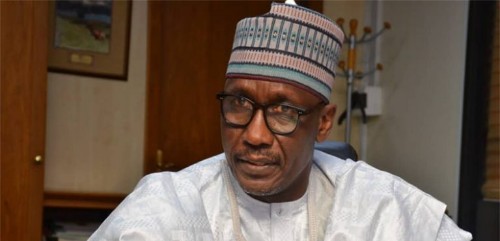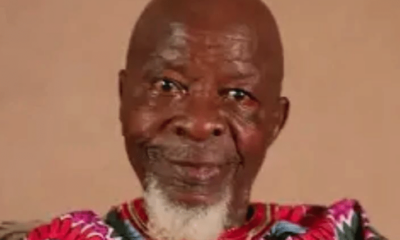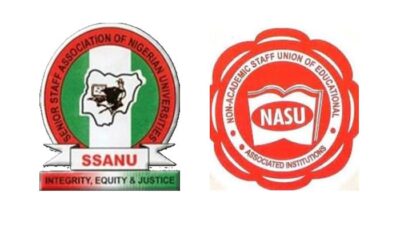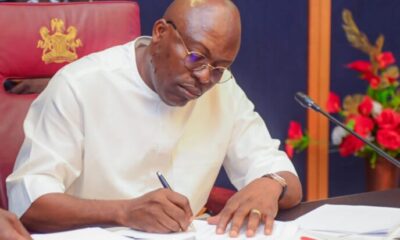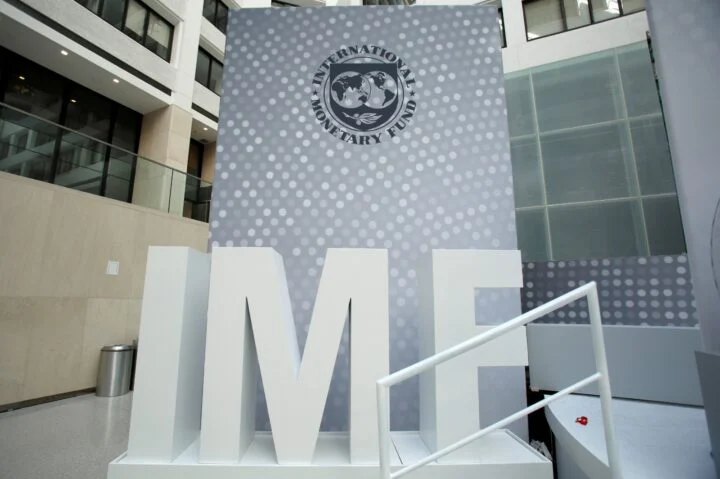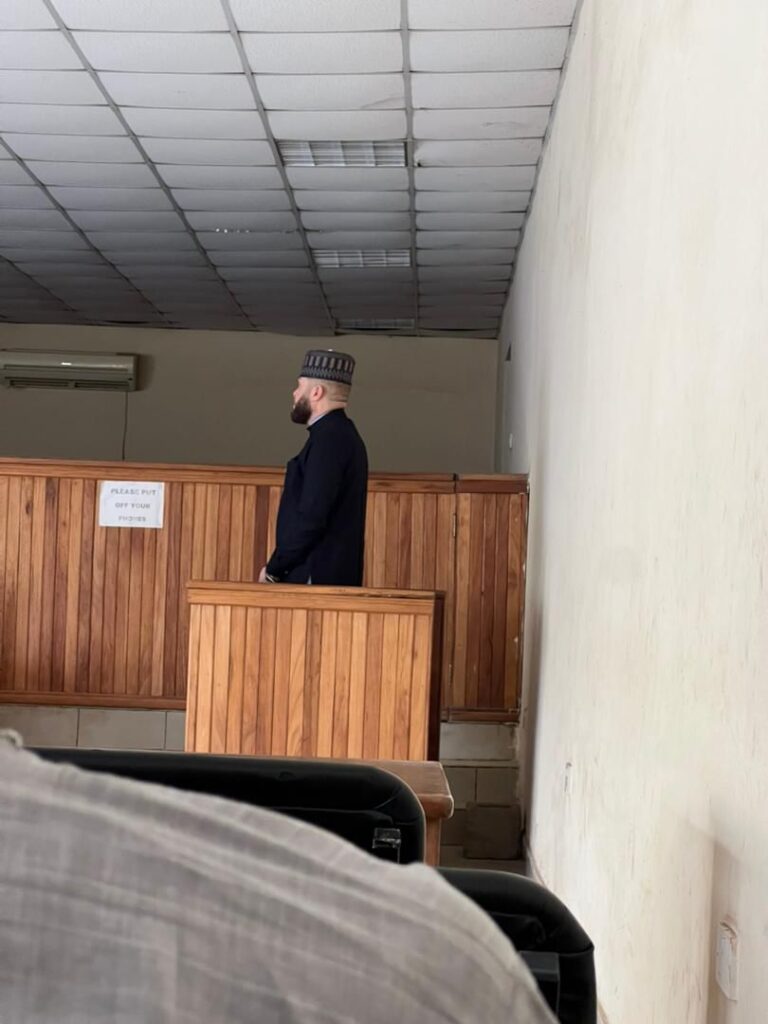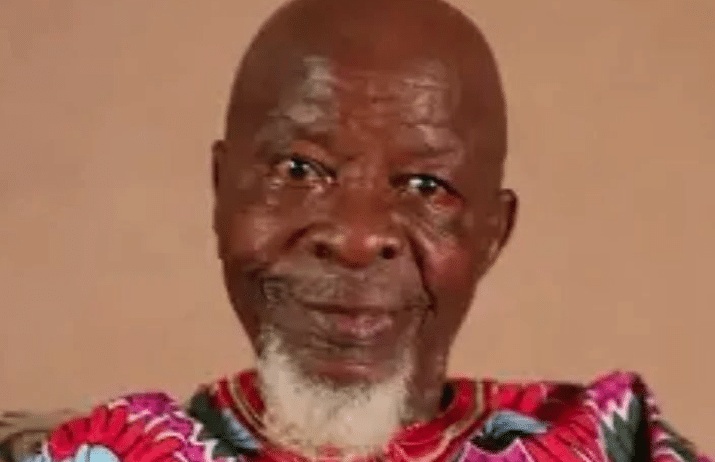The Nigerian National Petroleum Company Limited (NNPC) has requested a refund of N4.71 trillion from the Federal Government to settle outstanding debts incurred from importing Premium Motor Spirit (petrol) between August 2023 and June 2024.
This claim, categorized as “Exchange rate differential on PMS and other joint venture taxes,” was disclosed by Finance Minister and Coordinating Minister of the Economy, Wale Edun, at the June Federation Accounts Allocation Committee meeting.
The exchange rate differential refers to the revenue generated from fluctuations in currency values between foreign exchange transactions.
For instance, if the exchange rate changes from 1 USD per 0.9 EUR to 1 USD per 0.8 EUR, the difference represents the exchange rate differential
This development indicates that the government will subsidize fuel imports by covering the disparity between projected and actual expenses incurred by NNPC for importing petroleum products, thereby supporting the company’s importation costs.”
This difference in cost, which ordinarily should be reflected in the retail price of the product and borne by final consumers, contradicts the government’s claims that subsidies have been eliminated.
This revelation also comes amid challenges faced by the petroleum company to ensure the adequate supply of PMS to marketers for distribution nationwide.
Speaking at the meeting, the minister explained to the state commissioners of finance that the national oil company received presidential approval to carry out this duty using the “Weighted Average Rate” from October 2023 to March 2024.
Edun added that the company had also sought an extension of the period to cover the differential rate but was advised to write to the National Economic Council requesting approval.
The minutes read, “NNPC Limited Exchange Rate Differentials on PMS Importation and Other Joint Venture Taxes for the period August 2023 to April 2024.
“The chairman, PMSC (Post Mortem Sub-Committee) reported that NNPC Limited informed the sub-committee that it had an outstanding claim of N2,689,898,039,105.53 against the federation as a result of the use of ‘Weighted Average Rate’ as of May 2024.
“Furthermore, he disclosed that the sub-committee was able to establish that there was Presidential approval to use the ‘Weighted Average Rate’ from October 2023 to March 2024.”
It was gathered that the government through the National Economic Council had granted the NNPC permission to import fuel at an exchange rate of N650 to $1 at retail coastal pump prices from June 2023 but the devaluation of the naira surged the price to N1,200, indicating a difference of N550 as exchange difference.
On May 29, 2023, during his inauguration, President Bola Tinubu publicly declared that “subsidy is gone,” signaling the end of barriers that had been restricting the nation’s economic growth.
However, this claim has been contested by the International Monetary Fund, the World Bank, and other authoritative figures, who argue that the government had quietly reintroduced fuel subsidies.
In June, a proposed economic stabilisation plan document stated that the government planned to spend about N5.4tn on fuel subsidies.
Also, oil marketers had stated that with a landing cost of ₦1,117 per litre for PMS, the monthly subsidy on the commodity had risen to approximately N707bn.
Commenting, the commissioner of Finance, Akwa Ibom State, Linus Nkan, queried how the N2.6tn exchange rate differentials against the federation came about, seeking further clarification.
“The Commissioner of Finance, Akwa Ibom State, referred to paragraphs 3.01 and 5.01 of the PMSC report and requested clarifications as to how the N2.6tn exchange rate differentials against the Federation came about,” the minute said.
Reacting, the General Manager, FAAC office at the NNPCL, Joshua Danjuma, confirmed that the amount claimed by the company was to cover the landing cost of PMS.
He added that cost has also significantly increased by May 2024 due to changes in the exchange rate.
He said, “Reacting to the issue of the N2.6tn claim of NNPC Ltd against the Federation, the representative of NNPC Limited confirmed that the figure had increased significantly as of May 2024 due to the change in the rate at which the company was sourcing for the Forex to pay for the landing cost of PMS.”
Confirming this, an additional document indicated that the figure increased to N4.71tn as of June 2024.
A month-by-month breakdown indicated that the debt with an outstanding balance of N1.18tn increased to N1.24tn in August 2023, N1.3tn in September 2023, and N1.51tn in October 2023. By November, these claims increased by N570bn to N2.08tn and by another N550bn to N2.63tn in December 2023.
The document further indicated that the figure increased to N3.19tn in January 2024, N3.29tn in February, N3.55tn in March, N4.02tn in April and N4.29tn in May and N4.71tn as of June 2024.
Also, the Chairman, Revenue Mobilisation Allocation and Fiscal Commission, Mohammed Bello, making a presentation during the meeting revealed the reason for the rate difference, saying, “Following the removal of subsidy on PMS on 29th May 2023, NNPCL made requisite pricing adjustments using an exchange rate benchmark of N650 to 1 US Dollar to arrive at retail coastal pump prices from June 2023.
“Furthermore, NNPCL sought and obtained approval of His Excellency, Mr. President, for the freezing of the Proforma Invoice Ex-coastal transfer price at N524.99 from August 2023 to March 31st 2024, using exchange rate modulation to sustain the supply of petroleum products and ensure National Energy Security.
“NNPCL equally reported that the Company had obtained another approval to extend the use of the weighted Average Rate from April to June 2024, though the Sub-Committee is yet to see the document. As of June 2024, NNPCL reported the outstanding against the Federation in respect of the exchange rate differential.
“The Sub-Committee also observed from NNPCL June 2024 report to FAAC that the weighted average exchange rate for the month was N1,200, which they said was the estimated rate as against the N650 that was sought for in the NEC extract.
“It was also observed from the analysis that the volume, price and sales value were not provided to justify the exchange rate differential recorded.
“NNPCL responded that additional information could be provided to the Sub-Committee to clarify the issues raised but based on request. The Chairman of the Commission, who chaired the meeting, agreed to write to NNPCL requesting the relevant information to resolve the issue.”
Meanwhile, the Commissioner for Finance, Niger State, Lawal Maikano, lamented the inadequacy of revenue-generating agencies to meet its revenue target, stressing that only 50 percent of the budgeted revenue for the current year has been achieved.
“The HCF, Niger State referred to the Communique and observed that only about 50 per cent of the budgeted revenue for the current year was being achieved by the RGAs and described it as a poor budget performance.”
He, therefore, harped on the need to adjust the FAAC revenue budget projection to a figure that would be realistic for the RGAs to achieve.
He also called on the Agencies to put more effort into revenue generation.
Similarly, the HCF, Kaduna State, Shizzer Bada, raised concern over the accumulation of outstanding arrears of revenue by RGAs against the Federation Account, which was running into trillions of naira between 2023 and 2024. She, therefore, advised on the need to expedite action in concluding the reconciliation with Agencies.
On the forensic audit of the N2.7tn subsidy claim, the Director of Home Finance, Ali Mohammed, reported that the Office of the Auditor-General of the Federation was working on the Forensic Audit exercise of NNPC Limited as mandated which a report was expected to be made available to FAAC after the assignment.
Reacting to this, a professor, Wumi Iledare, said he would not understand the basis for the NNPC asking the government to pay it differentials when it sells oil in foreign currency on behalf of the government.
According to the energy expert, the NNPC is supposed to pay royalties to the government like other oil companies.
“What is the basis for the NNPC asking the government to give them money back? Is the NNPC claiming it overpaid them? If the NNPC is really going to follow its new status, what they need to pay to the government is royalty, Nigerian hydrocarbon tax, and corporate income tax. They need to pay the way international companies pay the government. If the agreement is in dollars, then the NNPC needs to pay the government in dollars. What the government does with the dollars is the responsibility of the government.
“If you look at the taxes paid by the international oil companies, they are tax oil which NNPC sells on behalf of the government and gives the government the dollar. So, it is very difficult for me to understand why the Federal Government has to return any money to NNPC unless NNPC is saying that it is the one funding the government in dollar equivalent, and since the government is changing the exchange rate to the tune of N1,500, the government cannot keep the windfall profit because the government now has more than when the exchange rate was N700,” Iledare stated.
The scholar added, “It is very difficult for me to comprehend the rationale because the government is the owner of the equity, the government owns the tax oil, and the government is the owner of the royalty oil that the NNPC is selling on its behalf.”
However, he said this may be a kind of under-recovery for the importation of petrol
“If the argument is about what they call under-recovery, that means NNPC spent dollars on behalf of the government to import fuel and the government is giving them the under-recovery in naira, which I’m not sure of. It is very complicated to understand.
“That is why the Petroleum Industry Act, wanted to sever a relationship where the Federal Government is dependent on the NNPC. By the way, the Federal Government is not necessarily the owner of NNPC. It is the federation that is the owner of the NNPC,” he submitted.

 BIG STORY3 days ago
BIG STORY3 days ago
 BIG STORY1 day ago
BIG STORY1 day ago
 BIG STORY3 days ago
BIG STORY3 days ago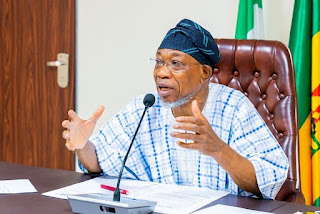
 BIG STORY2 days ago
BIG STORY2 days ago
 BIG STORY3 days ago
BIG STORY3 days ago
 BIG STORY3 days ago
BIG STORY3 days ago
 BIG STORY1 day ago
BIG STORY1 day ago
 BIG STORY3 days ago
BIG STORY3 days ago




